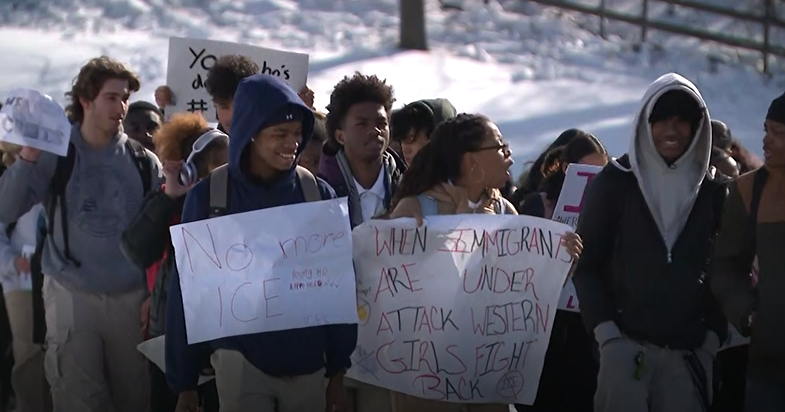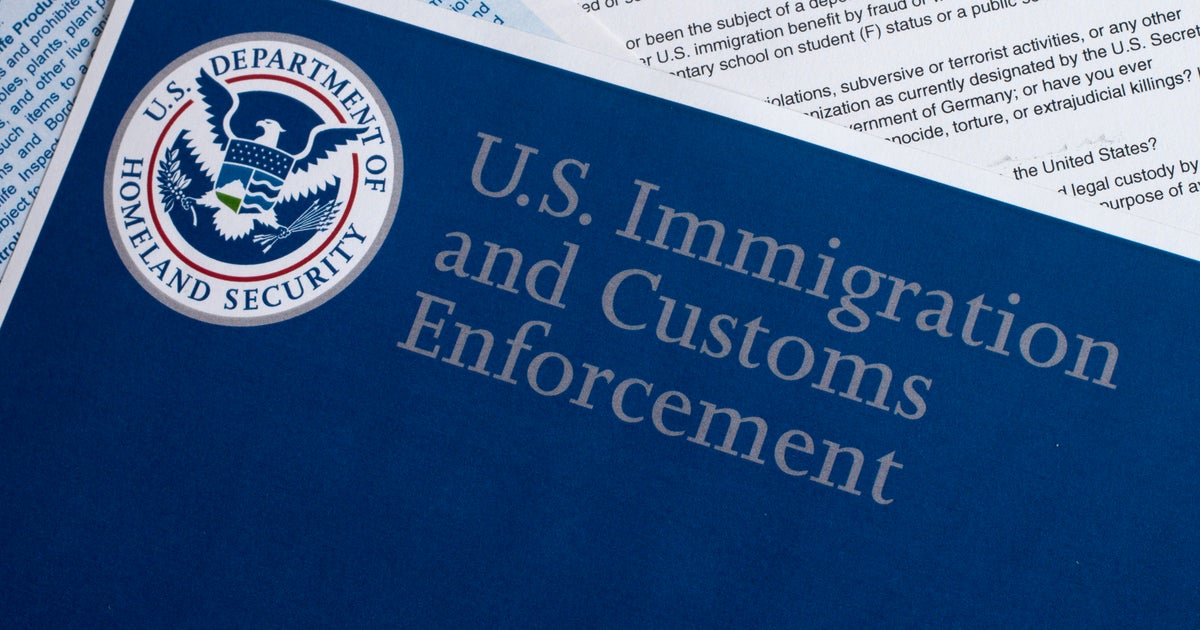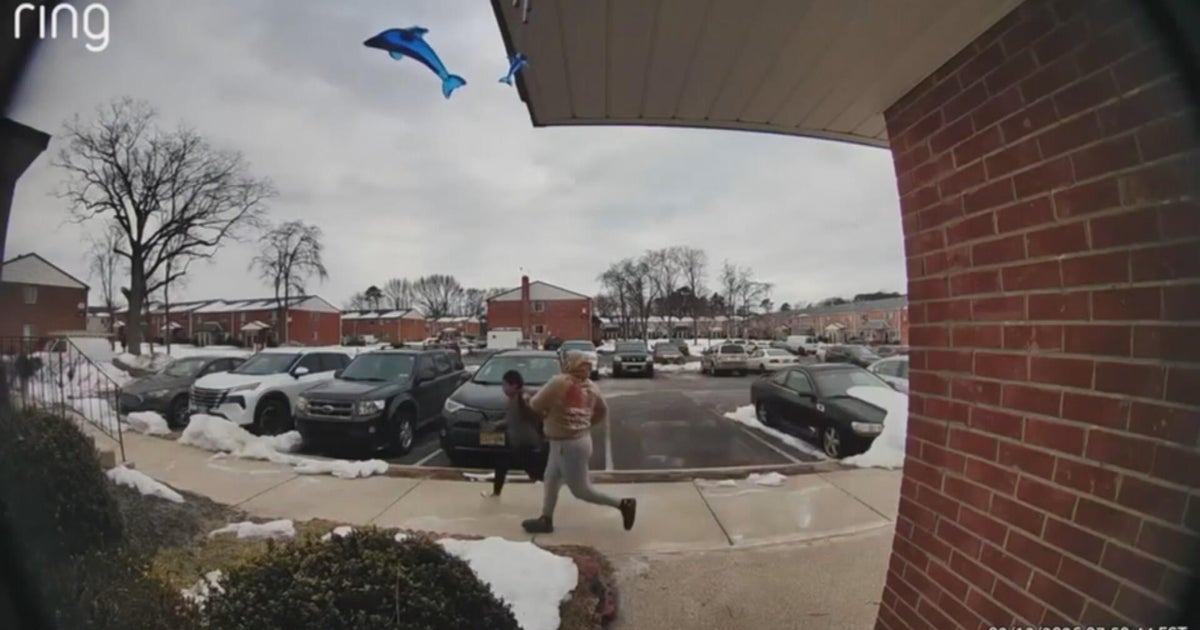Lawsuit Challenges US Deportation Procedures
SAN DIEGO (AP) — The American Civil Liberties Union sued the U.S. government Tuesday over the way Mexicans accused of living in the country illegally agree to be sent home, claiming the so-called voluntary departures are actually coerced.
The federal lawsuit filed in Los Angeles alleges immigration authorities in Southern California routinely steer Mexican immigrants away from insisting on an appearance before an immigration judge. They are told they face months in jail while their cases are decided and are falsely informed that they can easily arrange legal status once they're back in Mexico, the lawsuit alleges.
U.S. Immigration and Customs Enforcement and the Border Patrol offer voluntary departures to some immigrants without criminal records, sparing them the possibility of stiffer penalties under formal deportation orders. Voluntary departures prohibit immigrants from re-entering the U.S. for up to 10 years.
The lawsuit by the ACLU of San Diego & Imperial Counties against Homeland Security Secretary Janet Napolitano and other department officials names seven Mexican men and women who allege they were misled, including Samuel Nava, who came to the U.S. on a tourist visa in 2003 but didn't leave.
Police pulled over Nava east of San Diego in 2011 for driving with a broken license-plate light and turned him over to the Border Patrol, which offered a voluntary departure. The ACLU said Nava could have asked a judge for legal status because he was married to a U.S. citizen, but he accepted the offer and now cannot return to the U.S. for 10 years.
"(The Border Patrol agents) told me the easiest thing to do was just sign the forms," Nava told a San Diego news conference through a video connection to La Paz, Mexico.
Peter Boogaard, a Department of Homeland Security spokesman, said he wouldn't comment on pending litigation.
The lawsuit, which seeks class-action status, asks that authorities revamp their procedures to fully explain the consequences of agreeing to leave the country and to avoid trying to persuade immigrants to take the offers.
(© Copyright 2013 The Associated Press. All Rights Reserved. This material may not be published, broadcast, rewritten or redistributed.)







